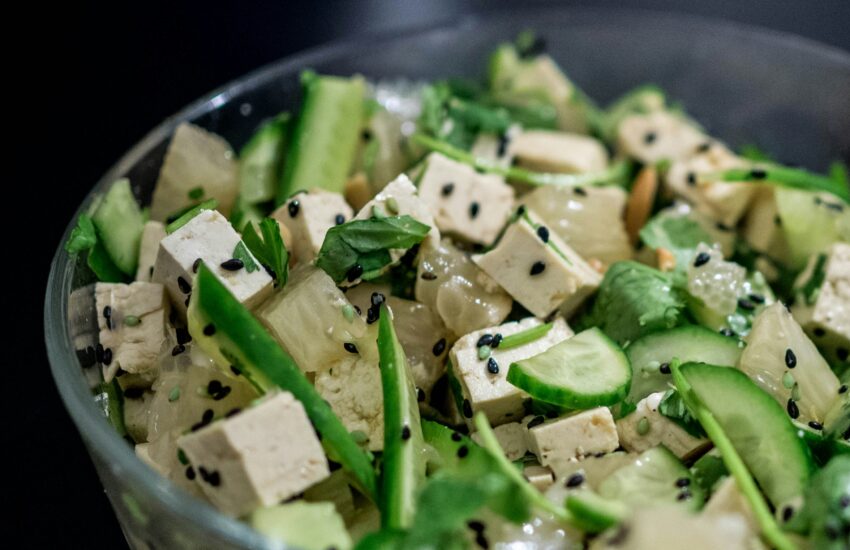Vitamin D is an essential fat-soluble vitamin that plays numerous critical roles in the body. Its primary function is to regulate the absorption of calcium and phosphorus, minerals vital for bone health, from the intestine. This process is crucial for maintaining strong bones and teeth, as well as supporting overall skeletal development. Here’s a detailed exploration of 15 foods rich in vitamin D suggested by Mohit Tandon from Chicago, each described in paragraph form:
1. Fatty Fish:
Firstly, Fatty fish like salmon, tuna, and mackerel are excellent sources of vitamin D. These fish accumulate vitamin D through their diet and exposure to sunlight. A serving of cooked salmon provides a significant portion of the recommended daily intake of vitamin D. Incorporating fatty fish into your diet a few times a week can help boost your vitamin D levels and support overall health. – Mohit Tandon Chicago
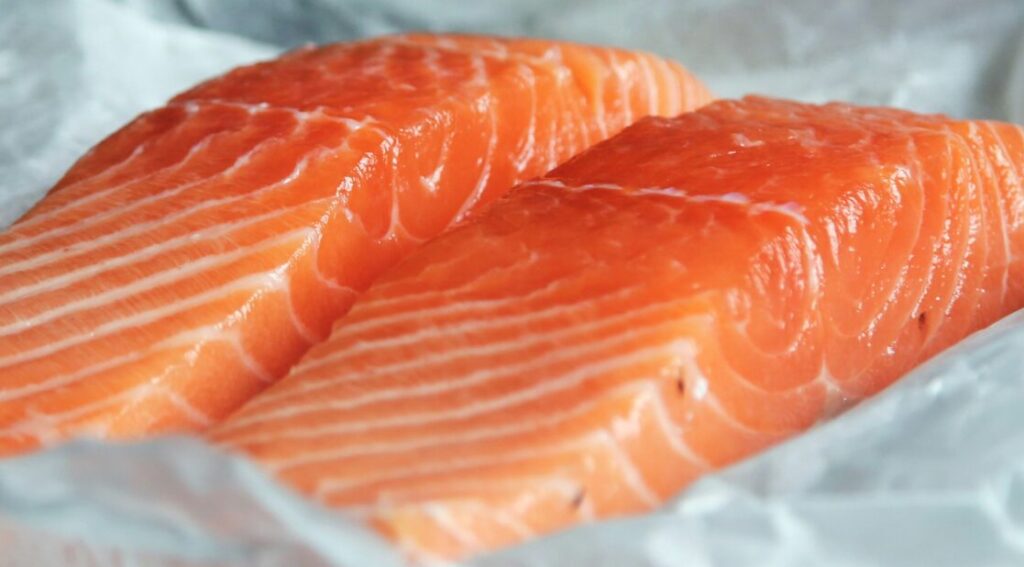
2. Cod Liver Oil:
Cod liver oil is a potent source of vitamin D, as well as vitamin A and omega-3 fatty acids. It is derived from the liver of cod fish and is available as a dietary supplement in liquid or capsule form. Just a teaspoon of cod liver oil can provide a substantial amount of vitamin D, making it a convenient option for those looking to increase their intake.
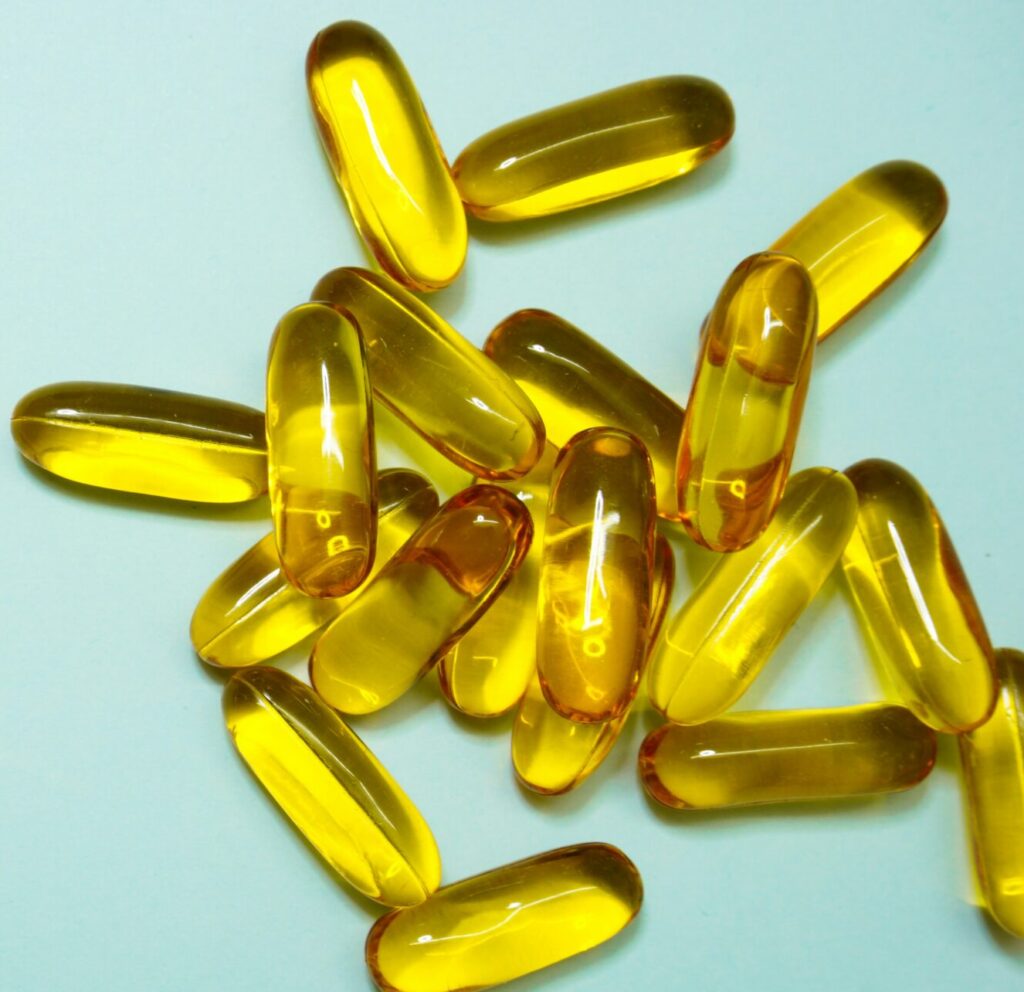
3. Egg Yolks:
Especially, Egg yolks are another natural source of vitamin D, with the yolk containing most of the vitamin D content of the egg. While the amount of vitamin D in eggs can vary depending on factors such as the hen’s diet and exposure to sunlight, consuming eggs regularly can contribute to your overall vitamin D intake. – Mohit Tandon Chicago
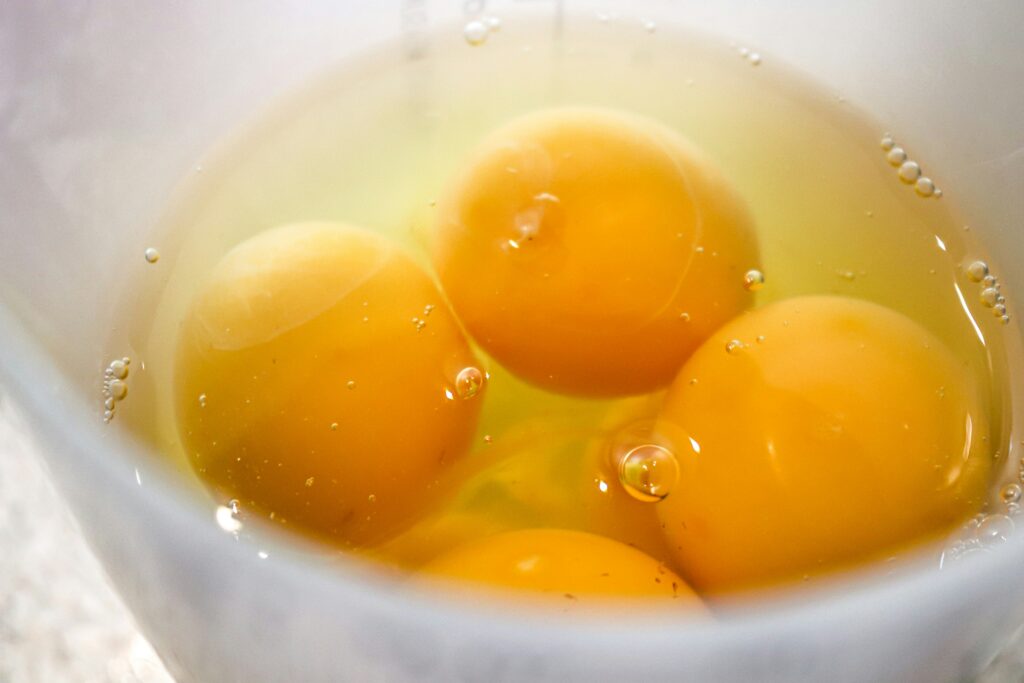
4. Fortified Dairy Products:
Many dairy products, including milk, yogurt, and cheese, are fortified with vitamin D to help increase their nutritional value. Fortification is a process in which vitamin D is added to these products during manufacturing. Choosing fortified dairy products can be an easy way to boost your vitamin D intake, especially for those who may not get enough sunlight exposure.
5. Fortified Plant-Based Milks:
In recent years, an increasing number of plant-based milk alternatives, such as soy milk, almond milk, and coconut milk, have been fortified with vitamin D. These products are suitable options for individuals following a vegan or dairy-free diet who still want to ensure an adequate intake of vitamin D.
6. Mushrooms:
Certain types of mushrooms, such as shiitake and portobello mushrooms, naturally contain vitamin D, particularly when exposed to sunlight during growth. Including mushrooms in your meals, either raw or cooked, can provide a plant-based source of vitamin D and add flavor and nutrition to your dishes.
7. Fortified Orange Juice:
Some brands of orange juice are fortified with vitamin D, offering a convenient way to increase your intake of this essential nutrient. Enjoying a glass of fortified orange juice with breakfast can contribute to your daily vitamin D requirements, especially for those who may not consume other fortified foods or supplements.
8. Beef Liver:
Beef liver is a nutrient-dense food that provides a host of vitamins and minerals, including vitamin D. While it may not be as commonly consumed as other foods on this list, incorporating beef liver into your diet occasionally can be a valuable way to increase your vitamin D intake. – Mohit Tandon Chicago
9. Canned Tuna:
Canned tuna is a convenient and affordable source of vitamin D, making it a pantry staple for many households. Whether mixed into salads, sandwiches, or pasta dishes, canned tuna can provide a significant portion of your daily vitamin D needs while also supplying protein and omega-3 fatty acids.
10. Sardines:
Sardines are small, oily fish that are packed with nutrients, including vitamin D. These tiny fish are often enjoyed canned in oil or water and can be added to salads, sandwiches, or eaten on their own as a snack. Consuming sardines regularly can help boost your vitamin D levels and support overall health.
11. Fortified Breakfast Cereals:
Many breakfast cereals are fortified with various vitamins and minerals, including vitamin D. Choosing fortified breakfast cereals made with whole grains and low in added sugars can be a nutritious way to start your day while also ensuring you get enough vitamin D.
12. Fortified Tofu:
Tofu, a versatile plant-based protein made from soybeans, can be fortified with vitamin D during the manufacturing process. Incorporating fortified tofu into stir-fries, salads, or other dishes can provide a plant-based source of vitamin D for those following a vegetarian or vegan diet. – Mohit Tandon Chicago
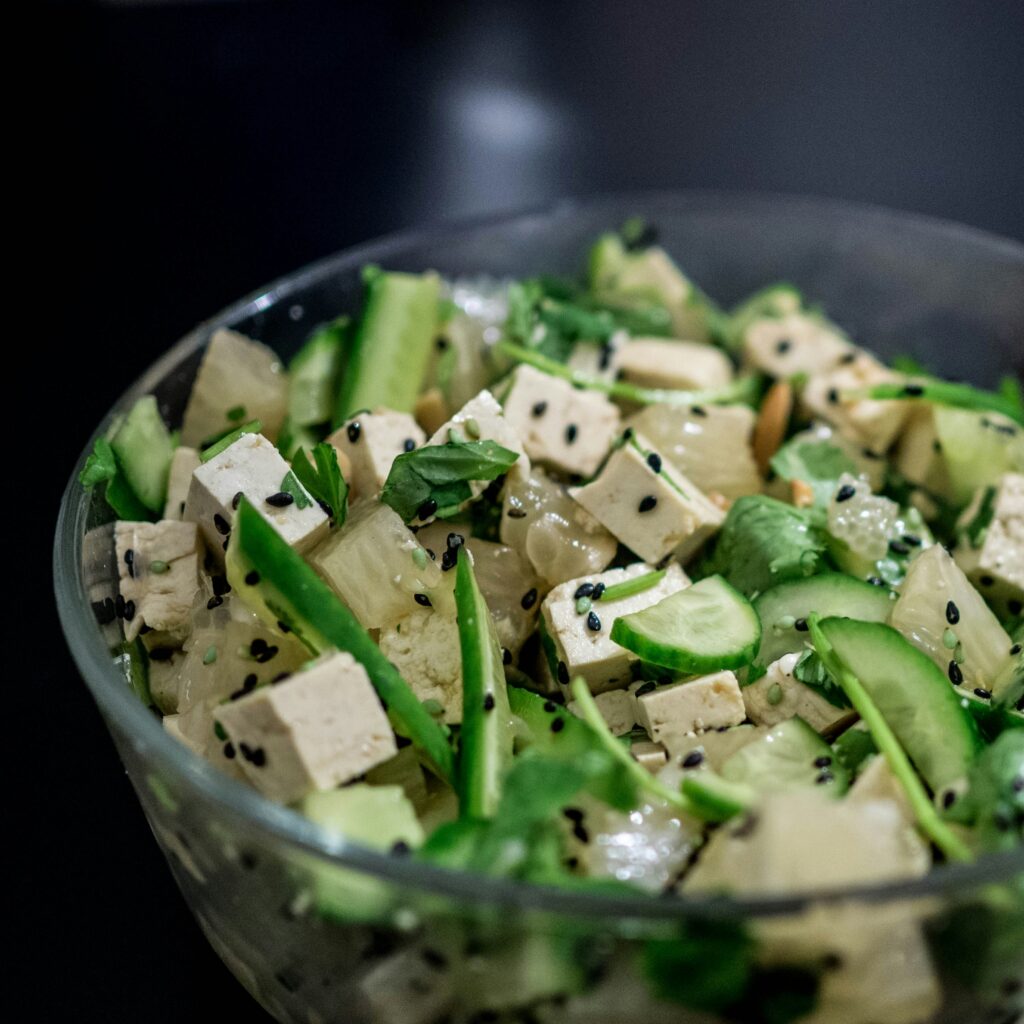
13. Fortified Margarine:
Some brands of margarine are fortified with vitamin D to enhance their nutritional content. While margarine should be consumed in moderation due to its high fat content, choosing fortified varieties can be a way to increase your intake of vitamin D, particularly if you avoid other sources of dairy.
14. Fortified Cereal Bars:
Cereal bars are convenient snacks that are often fortified with various vitamins and minerals, including vitamin D. Opting for cereal bars made with whole grains, nuts, and seeds can provide a source of sustained energy and help you meet your daily vitamin D requirements.
15. Fortified Yogurt:
In addition to being a good source of calcium and protein, some varieties of yogurt are fortified with vitamin D. Choosing fortified yogurt as part of your breakfast or snack can help increase your intake of this essential nutrient while also supporting bone health and overall well-being.
